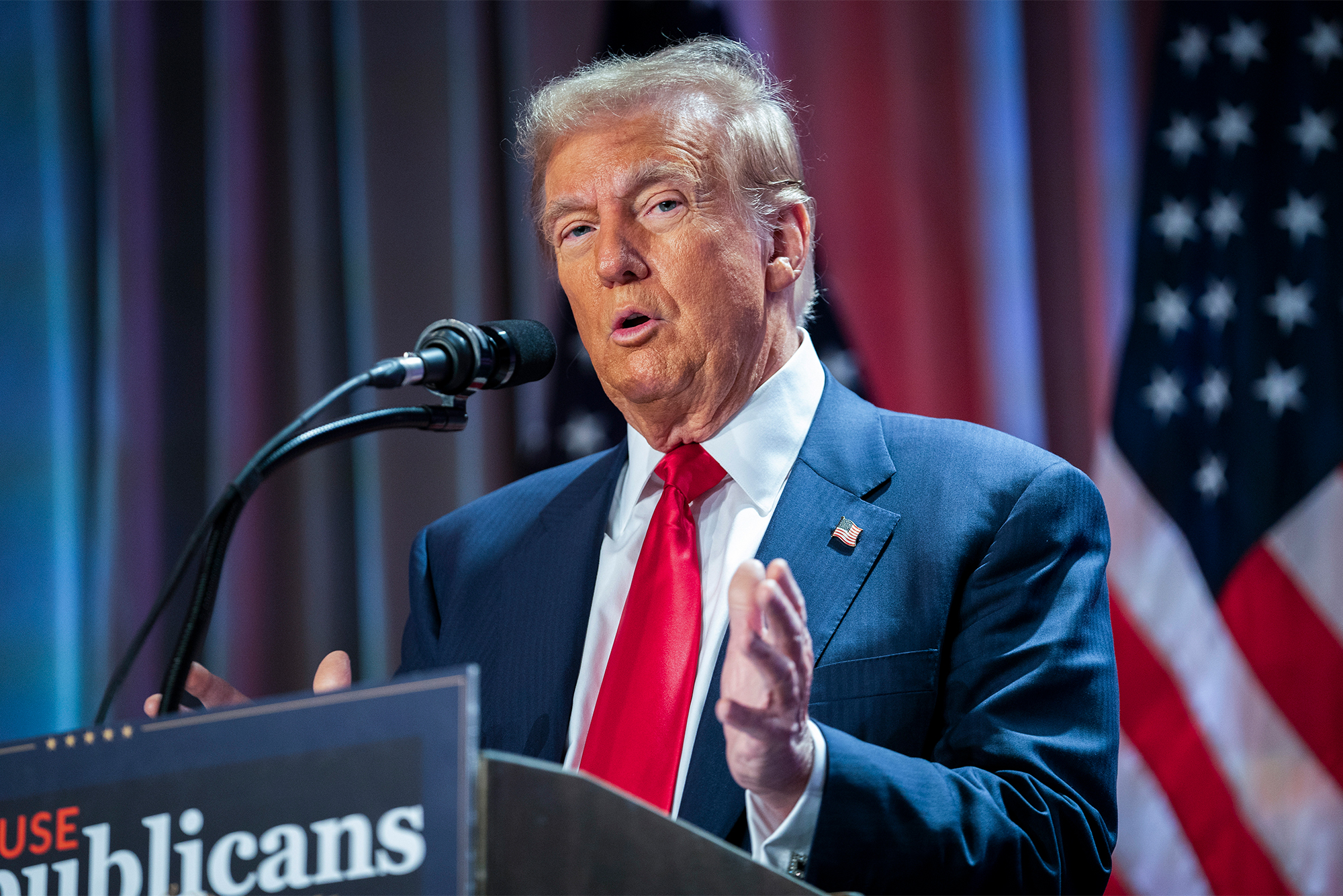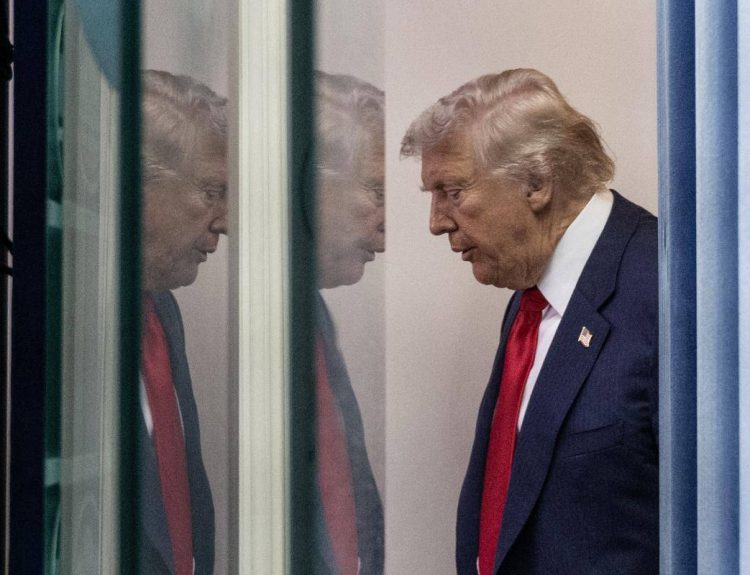Immigration has always been a crucible of American politics—where law, economics, and identity collide. In President Donald Trump’s second term, his intensified immigration crackdown is now encountering strong defiance from America’s cities, most notably Chicago.
Federal Mandates, Local Defiance
The Trump administration has sought to expand federal immigration enforcement by directing local police departments to assist with arrests, detentions, and deportations. Yet Chicago’s mayor has taken an extraordinary step, issuing an executive order barring city police from cooperating with federal immigration authorities.
This local rebellion underscores a profound tension: the constitutional struggle between federal authority and municipal autonomy. While the White House insists national security requires unified enforcement, city leaders argue that compliance would erode community trust, strain police resources, and create a chilling effect on immigrant neighborhoods.
The Human Dimension
Beyond the legal chessboard, the debate plays out in the lives of millions. For immigrant families, federal crackdowns stoke anxiety—school drop-offs, hospital visits, and even routine commutes now carry undertones of fear. Cities pushing back are not only resisting federal reach but also signaling a commitment to shielding vulnerable populations within their jurisdictions.
Political Ripples
The clash also sharpens partisan divides. Supporters of the administration praise the crackdown as restoring order and sovereignty. Critics, however, warn of authoritarian overreach, pointing to historical precedents where federal encroachment on local policing ignited long-term resistance.
Mayors across the country are watching Chicago’s defiance closely. Should the city prevail in sustaining its stance, it may embolden other municipalities to adopt similar policies—creating a patchwork of resistance that complicates federal enforcement strategies.
The Broader Power Struggle
At its core, this battle is less about immigration alone and more about power. It highlights the ongoing contest between Washington’s centralized authority and the sovereignty of American cities. For investors, policymakers, and strategists, the outcome will determine not only immigration’s future but also the scope of federalism in Trump’s America.
As the legal and political drama unfolds, one truth is clear: immigration is no longer merely a policy issue—it is the frontline where America negotiates the balance between enforcement, compassion, and the limits of executive power.



